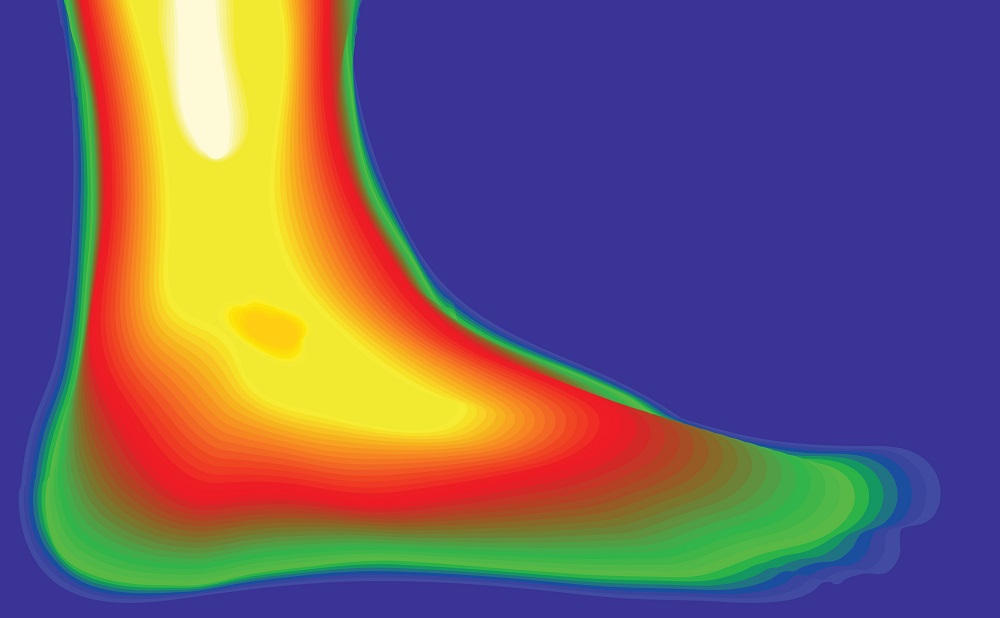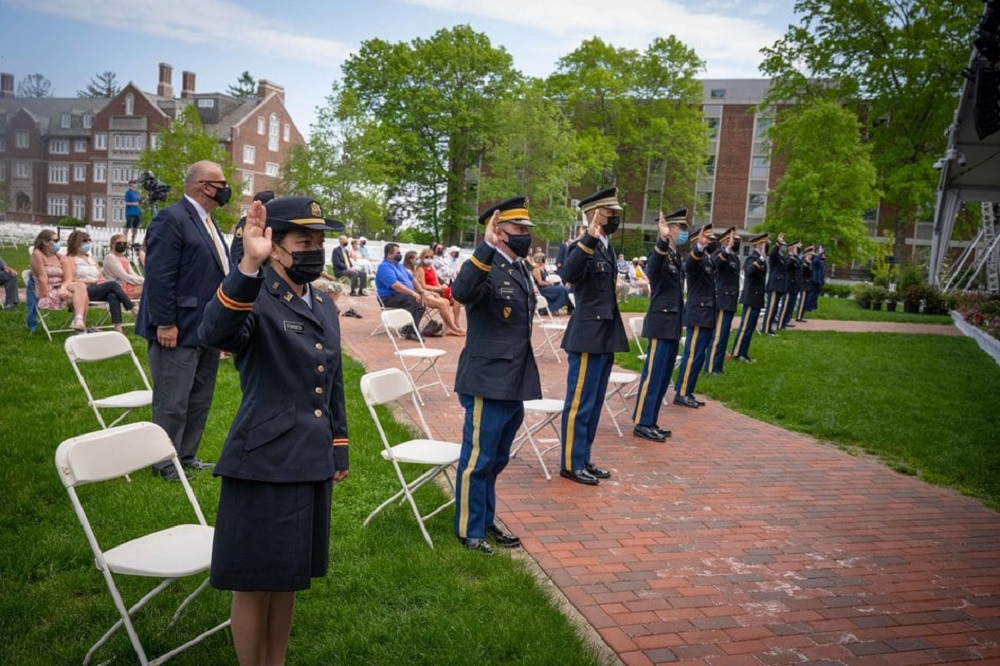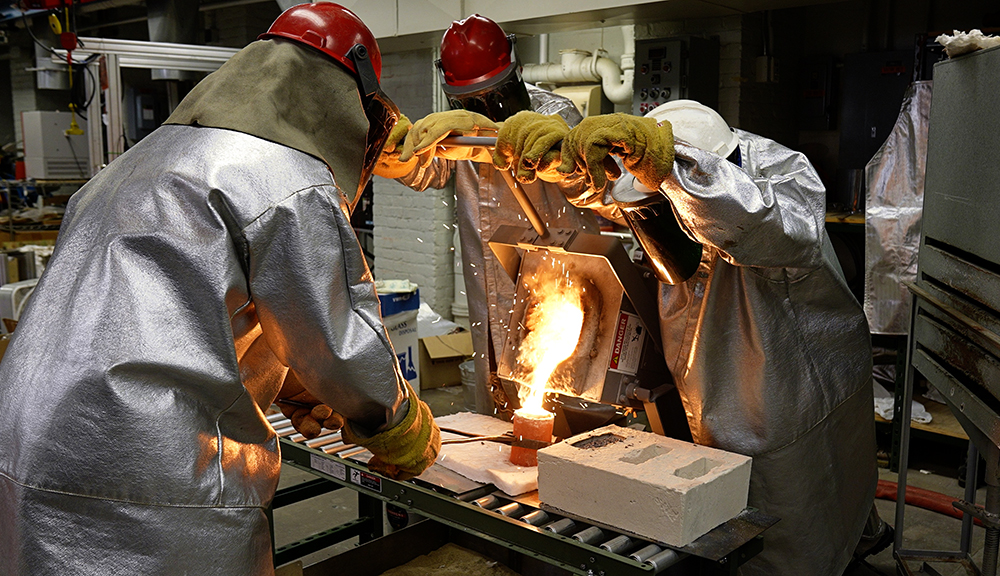Col. Jennifer Menetrez, MD, director of the U.S. military’s most advanced rehabilitation facility for soldiers who have lost limbs and suffered severe trauma in war, will deliver the morning keynote address at Neuroprostheitcs 2010, an international conference on next-generation artificial limb development set for November 3 at Worcester Polytechnic Institute (WPI).
Col Menetrez directs the Center for the Intrepid at Brooke Army Medical Center in Texas. From February through May she was deployed to Haiti to lead the massive combined U.S. military medical response to aid victims of the devastating January earthquake. She will relate her experiences from Haiti, and speak about her work with military amputees at the Center for the Intrepid, in her keynote address. "The deployment in Haiti was unlike anything else I have ever done," Col Menetrez said. "It was an eye-opening experience in many ways, and I hope that I can bring some of that perspective to the people who are doing the research and development on these new prostheses."
Organized by the Bioengineering Institute at WPI, Neuroprosthetics 2010 will bring together scientists, engineers and clinicians to share their research and discuss the challenges that must be overcome to enable a new generation of artificial limbs that more closely replicate the function of natural limbs. The symposium will focus on the twin challenges of osseointegration, or fusing a titanium post with the bone in a remnant limb to provide an anchor for an external prosthetic, and soft tissue integration, or creating a functional, infection-resistant seal of muscle, skin, and connective tissue around the post, and integrating the prosthetic’s electromechanical systems with the body’s own nervous system.
"History shows that the most significant advances in medical research and development of prosthetics comes from wartime injuries," Col. Menetrez said. "So this is an incredibly important time to focus on this work. But this isn’t only about engineering and building the next cool device. It’s important to know what the patients really need, so I will speak from the patient and clinical perspective, and maybe that will help point the researchers on new pathways."
The symposium and Col. Menetrez’s keynote presentation are open to the public, though registration is requested. For a full schedule of Neuroprosthetics 2010, and to register see: www.wpi.edu/+np
A native of Maryland, Col. Menetrez is a graduate of Wellesley College. While an undergraduate, she enrolled in the ROTC program at MIT and went on to earn her medical degree from the Uniformed Services University of the Health Sciences. She served as a general medical officer in Germany and was deployed to Saudi Arabia. She then completed a residency in physical medicine and rehabilitation at Walter Reed Army Medical Center (WRAMC), followed by four years as the attending physician for the WRAMC inpatient rehab service and gait lab, among other duties. In 2000, she moved to the Brooke Army Medical Center in San Antonio, Texas, where she served as chief of the Physical Medicine Service and Department Performance Improvement Committee, and was the lead figure in establishing the Center for the Intrepid. As director, she is responsible for the care for service members who have had severe war-related injuries, including amputations and burns. She is board certified in physical medicine and rehabilitation and subspecialty board certified in pain management.
Neuroprosthetics 2010 is organized by the WPI Bioengineering Institute with support from the John Adams Innovation Institute, the economic development division of the Massachusetts Technology Collaborative.


